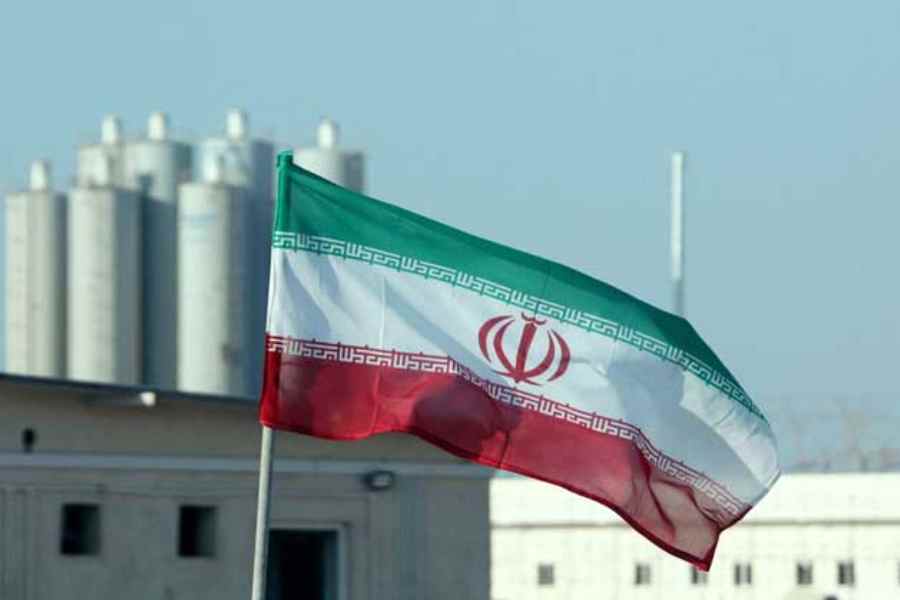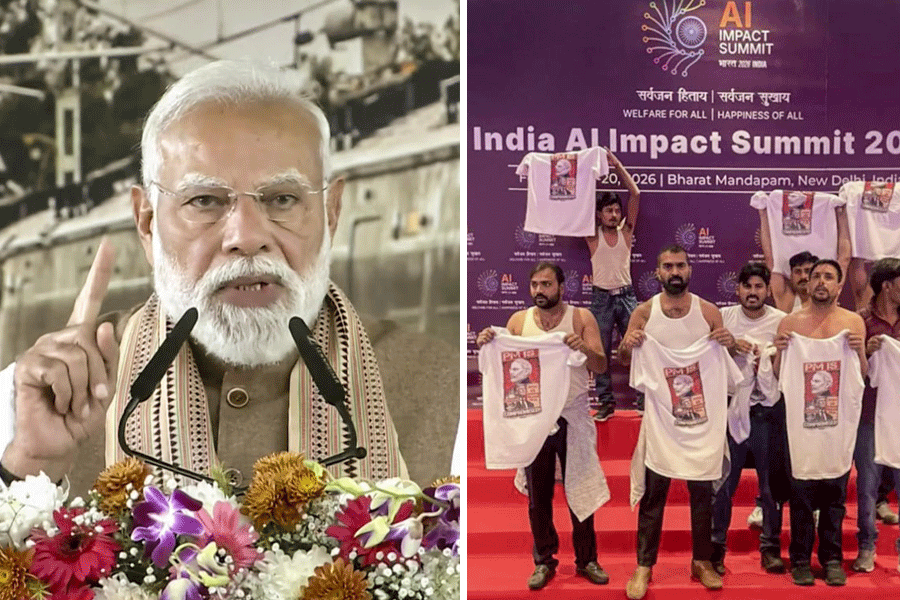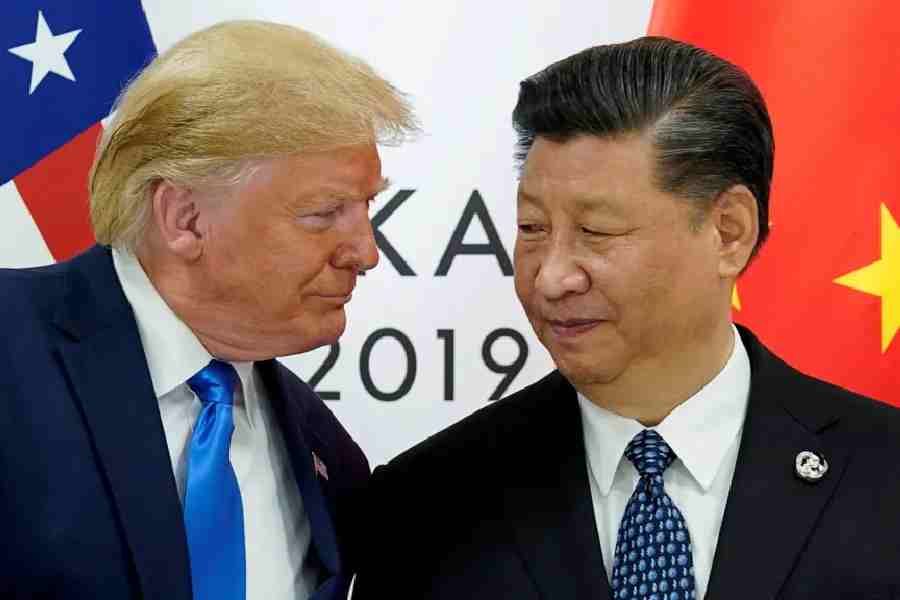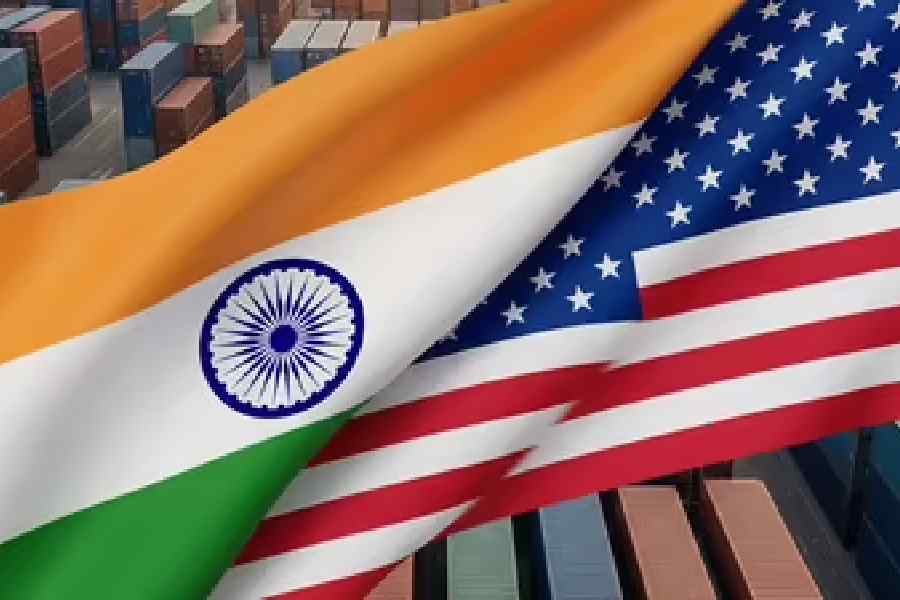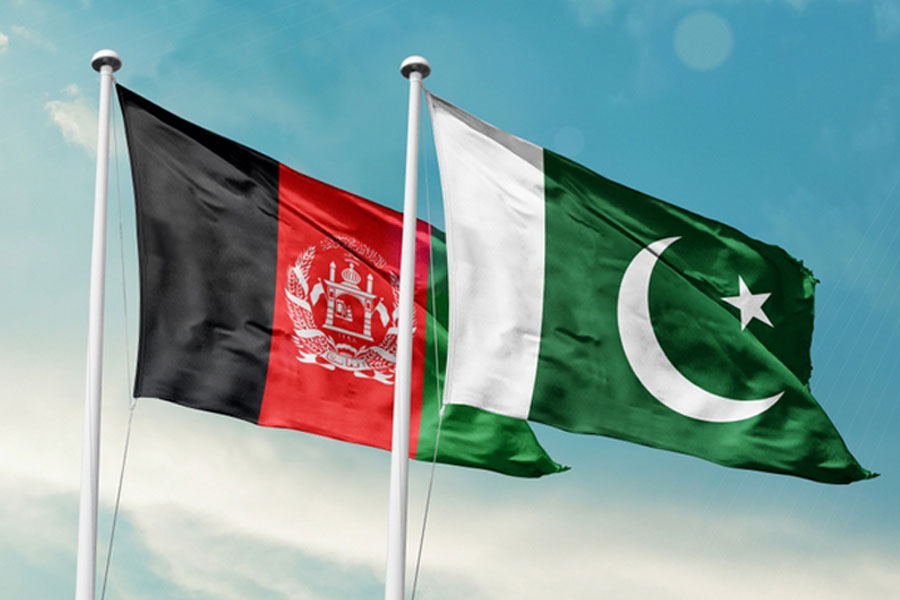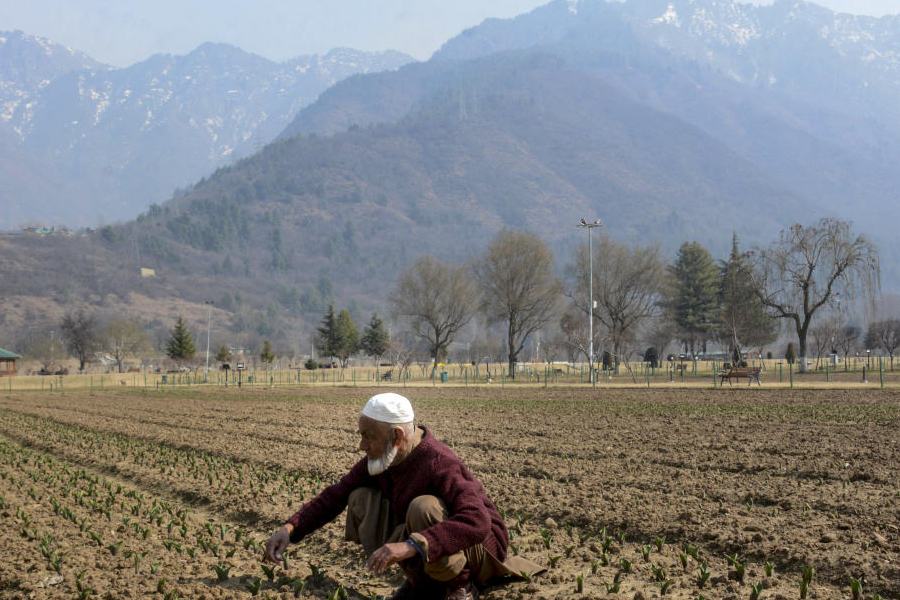Iran voted for its new Parliament last week, electing 290 legislators and 88 members to a body of Islamic scholars known as the Assembly of Experts, which, in turn, chooses the country’s supreme leader — currently Ayatollah Khamenei. While final results are still to be announced, counting trends so far suggest a sweep by conservatives and religious hardliners, with moderate politicians expected to win only a few seats. But a truer test of the public mood perhaps lies in a different number: a historically low voter turnout. Only 41% of voters turned up to cast their ballot, the lowest since the Iran Revolution of 1979, signalling mounting disenchantment with the country’s political process and ruling elite. The strengthening hold of conservatives in Iran’s corridors of power and the growing frustration among ordinary Iranians, reflected in the refusal of most voters to participate in the election, could fundamentally alter both domestic politics in that country and Tehran’s approach to the rest of the world.
Domestically, Iran is a powder keg of dashed hopes. Inflation in February stood at above 35% and the continuing sanctions by the United States of America are hobbling efforts to attract international investment. Meanwhile, Iranian authorities have tightened social norms and taken steps to throttle access to the internet even further. Last month, Iran announced new rules that could penalise the use of virtual private networks, widely known as VPNs, that millions of people in the country use to access internet services, including social media platforms that are otherwise banned. In 2023, the country’s Parliament passed a law imposing harsher punishments for women who violate Iran’s mandatory dress code, which includes wearing the hijab in public. Against this backdrop, the record low voter turnout points to a widening gulf between the aspirations of ordinary, especially young, Iranians and their expectations from those in power. Such a chasm is often a precursor to popular protests and any harsh crackdown would only widen the rift. Internationally, an emboldened hardliner constituency within Iran has traditionally coincided with an increase in tensions with Israel and the US. So far, Iran has for the most part been restrained in its response to Israel’s brutal war on Gaza. Will that change? Will it amplify rhetoric against the US, as that country too heads into elections? Capitals across the Middle East and around the world will watch for answers to these questions.

